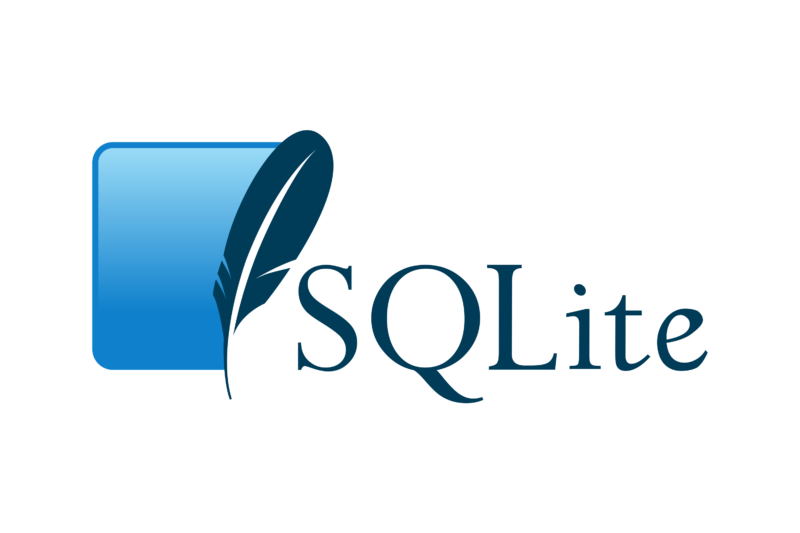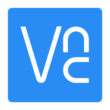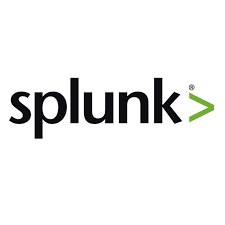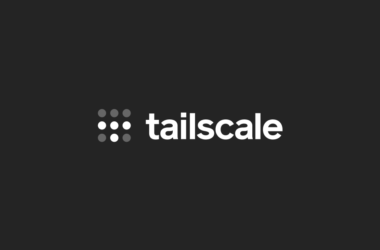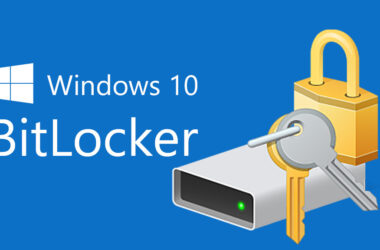In the ever-evolving world of database management systems, SQLite has earned its reputation as a lightweight and versatile choice. However, as the demands of modern applications grow in complexity, the quest for alternatives becomes paramount. In this exploration, we’ll delve deeper into the features, limitations, and unique aspects of SQLite before embarking on a comprehensive journey through some of the most prominent SQLite alternatives available.
Understanding SQLite: Features and Limitations

Features of SQLite
SQLite stands out for its simplicity and self-contained nature. As a serverless and zero-configuration database engine, it requires minimal setup and administration. ACID compliance, cross-platform compatibility, and a small footprint further contribute to its appeal. Developers appreciate its ease of use and seamless integration into various applications.
- Self-contained: SQLite is a standalone, serverless database engine that requires minimal setup and administration.
- Cross-platform compatibility: It seamlessly operates across various platforms, enhancing its flexibility.
- ACID compliance: Ensures data integrity with Atomicity, Consistency, Isolation, and Durability in transactions.
- Small footprint: With a compact size, SQLite is ideal for embedded systems and applications with space constraints.
- Ease of use: The simplicity of SQLite makes it easy to integrate and work with, even for developers with minimal experience.
Limitations of SQLite
While SQLite has its merits, it’s essential to acknowledge its limitations. The database’s write-lock mechanism and limited support for concurrent writes might pose challenges in scenarios with high transaction volumes or large-scale enterprise applications. Recognizing these constraints is crucial for making informed decisions.
- Write-lock mechanism: The database’s write-lock mechanism might pose challenges in scenarios with high transaction volumes.
- Limited support for concurrent writes: In large-scale enterprise applications, the limited support for concurrent writes can be a bottleneck.
- Not suitable for high-transaction scenarios: Applications with high transaction requirements may find SQLite less suitable.
- Limited advanced features: Compared to some SQLite alternatives, SQLite may lack advanced features found in larger RDBMS.
- Scaling challenges: While excellent for small to medium-sized applications, SQLite may face scaling challenges in massive datasets or high-traffic scenarios.
What Sets SQLite Apart
SQLite’s compact size and serverless architecture make it particularly attractive for embedded systems and applications where a dedicated database server isn’t practical. Its simplicity, combined with ACID compliance, positions SQLite as an excellent choice for projects with straightforward requirements.
Why Consider SQLite Alternatives?
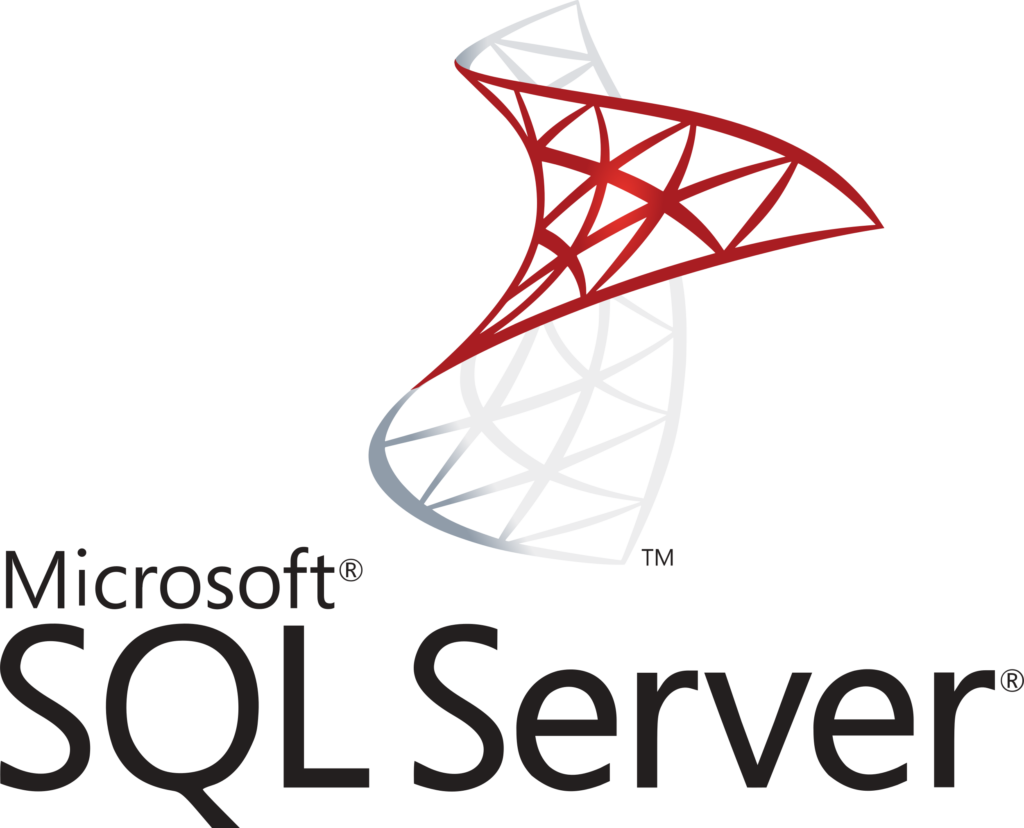
The decision to explore SQLite alternatives often stems from the evolving nature of applications. As user bases expand and data complexities increase, developers seek solutions that align more closely with the specific needs of their projects.
1. Evolving Application Demands
In the dynamic landscape of software development, applications are in a perpetual state of evolution. User expectations, feature requirements, and scalability demands consistently push the boundaries of what an application can achieve. As projects mature and embrace new functionalities, developers often find the need to reassess their database management systems. SQLite, while reliable and straightforward, may face limitations in meeting the evolving demands of sophisticated applications.
2. High-Transaction Scenarios
In the realm of databases, transactional efficiency is paramount, especially in scenarios where high transaction volumes are the norm. SQLite’s write-lock mechanism, while suitable for many use cases, may become a bottleneck in applications with demanding transactional requirements. Recognizing this, developers explore SQLite alternatives that can seamlessly handle a multitude of concurrent transactions without sacrificing performance or data integrity.
3. Enterprise-Level Requirements
For enterprises managing large-scale applications, the stakes are high. These applications often demand robust scalability, advanced features, and comprehensive support – elements that may extend beyond the capabilities of SQLite. While SQLite excels in simplicity and ease of integration, enterprises with expansive user bases and complex datasets may find it prudent to explore SQLite alternatives that offer enterprise-grade solutions and support.
4. Dynamic Data Structures
The nature of data within an application is seldom static. In fact, many modern projects deal with dynamic and evolving data structures. SQLite’s relational model, while effective for certain applications, may not provide the flexibility required for projects where data schemas change frequently. This prompts developers to seek SQLite alternatives, particularly NoSQL databases like MongoDB or CouchDB, known for their adaptability to changing data structures.
5. Increasing User Demands
As the digital landscape evolves, so do user expectations. Modern users demand applications that are not only feature-rich but also highly responsive. The need for real-time data processing, scalability, and seamless user experiences drives developers to consider SQLite alternatives that can cater to the increasing demands of a user-centric digital environment.
In navigating the diverse landscape of SQLite alternatives, developers must carefully weigh these considerations to ensure the chosen database management system aligns seamlessly with the dynamic nature of their evolving applications.
Commonly Used SQLite Alternatives For Database Management
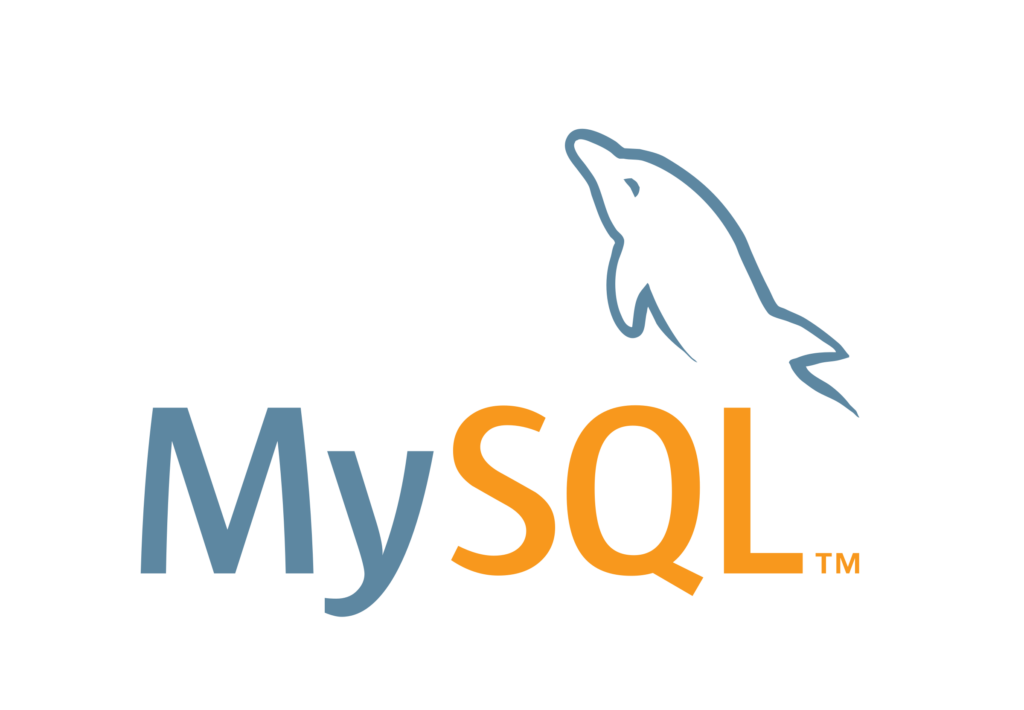
In the quest for a suitable database management system that aligns seamlessly with evolving application needs, several SQLite alternatives come to the forefront. Each alternative brings its unique strengths to the table, addressing specific use cases and catering to diverse requirements. Let’s delve into the details of these commonly used SQLite alternatives:
1. MySQL: A Robust and Trusted Choice
MySQL has long stood as a cornerstone in the world of relational database management systems. Renowned for its reliability, speed, and open-source nature, MySQL has cultivated a vast community of developers. It is the go-to choice for web applications, supporting SQL queries and providing robust data management capabilities. The MySQL ecosystem also boasts a range of tools and extensions that enhance its functionality, making it a trusted companion for developers navigating the intricacies of database management.
2. PostgreSQL: Power and Extensibility
PostgreSQL emerges as a powerful SQLite alternative, especially when the need for advanced features and extensibility takes precedence. Known for its support of complex queries, custom data types, and indexing options, PostgreSQL caters to large-scale applications and data-intensive projects. Its open-source nature fosters a collaborative development community, ensuring continuous improvements and updates. Developers seeking a feature-rich, extensible RDBMS often find PostgreSQL to be a compelling choice for their database needs.
3. MariaDB: Compatibility with Enhancements
Born as a fork of MySQL, MariaDB maintains compatibility while introducing enhancements that distinguish it from its predecessor. Organizations accustomed to MySQL will find MariaDB to be a smooth transition, leveraging the familiarity of MySQL while benefiting from additional features and performance improvements. MariaDB’s commitment to open-source principles and ongoing development ensures a reliable SQLite alternative for those seeking a balance between tradition and innovation in their database solutions.
4. Microsoft SQL Server: Enterprise-Grade Solution
For enterprises entrenched in the Microsoft ecosystem, Microsoft SQL Server stands as a formidable SQLite alternative. As a commercial relational database management system, SQL Server seamlessly integrates with the .NET framework, offering enterprise-grade solutions with robustness, scalability, and advanced features. Its compatibility with Microsoft technologies ensures a cohesive experience for developers building applications within this ecosystem.
5. Oracle Database: Scalability and Rich Features
Oracle Database is synonymous with scalability, feature richness, and enterprise-level reliability. Widely adopted in large-scale applications, Oracle Database excels in handling massive datasets and supporting complex transactions. Advanced security features, high availability, and extensive support make Oracle a top choice for organizations with stringent performance and reliability requirements.
6. MongoDB: NoSQL Flexibility
Shifting gears to the NoSQL realm, MongoDB stands out for its flexible, document-oriented approach to data storage. As a document database, MongoDB stores data in a JSON-like format, making it well-suited for applications with dynamic and evolving data structures. Developers appreciate MongoDB’s scalability, ease of horizontal scaling, and efficient handling of unstructured data, making it a valuable SQLite alternative for projects with unpredictable data growth.
7. CouchDB: Document-Oriented Simplicity
In the world of NoSQL, CouchDB simplifies data management with its document-oriented model. Emphasizing ease of use and scalability, CouchDB excels in scenarios where distributed, loosely connected data structures prevail. Its HTTP-based API and multi-version concurrency control make it an attractive option for applications that prioritize simplicity and straightforward document-based data storage.
8. Redis: Speed and Simplicity
When speed is of the essence, Redis takes center stage as a key-value store. Often employed as a caching mechanism, Redis offers unparalleled speed and simplicity in data retrieval. Its in-memory storage and support for various data structures make it an excellent choice for real-time applications, where rapid access to data is critical for seamless user experiences.
In navigating the vast landscape of SQLite alternatives, developers must consider the specific needs of their applications, weighing the strengths and features of each alternative against their project requirements. Whether it’s the reliability of MySQL, the extensibility of PostgreSQL, or the speed of Redis, each alternative brings a distinct set of capabilities to the forefront.
Factors To Consider While Choosing The Perfect SQLite Alternative
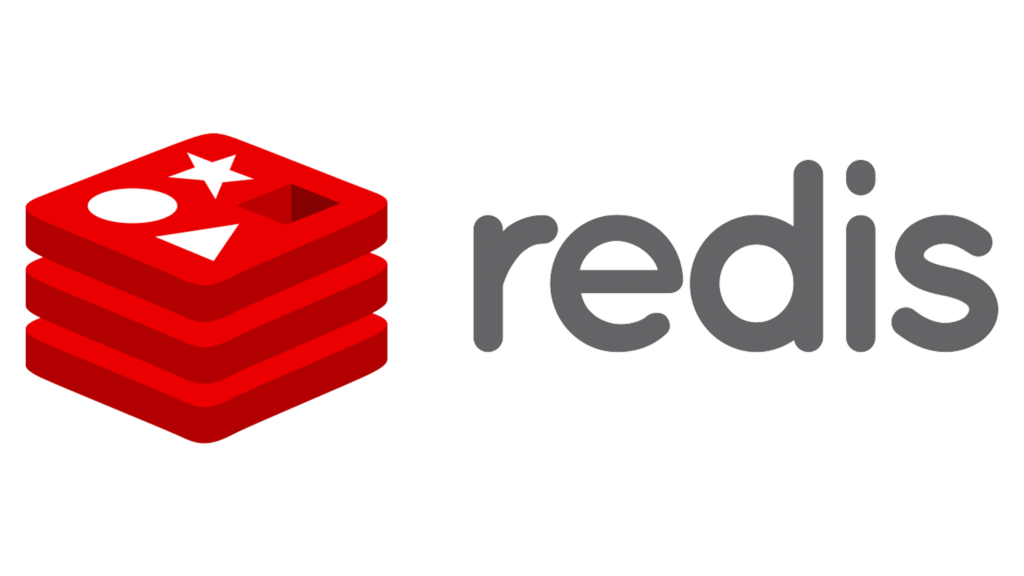
When embarking on the journey to select the ideal alternative to SQLite, developers must meticulously consider various factors to ensure the chosen database management system aligns seamlessly with the unique requirements of their projects.
1. Scalability Requirements
Scalability stands as a cornerstone consideration in choosing an SQLite alternative. Understanding the future growth potential of your application and its data volume is pivotal. For projects anticipating expansive datasets and concurrent user demands, alternatives like MySQL, PostgreSQL, or MongoDB shine with their robust scalability features. MySQL’s proven track record in handling large datasets, PostgreSQL’s support for parallel processing, and MongoDB’s sharding capabilities make them formidable choices in scenarios where scalability is paramount.
2. Data Complexity and Structure
Delving into the intricacies of your data is a fundamental step in the decision-making process. Consider the nature of your data – is it mostly structured or does it possess dynamic and evolving characteristics? NoSQL alternatives like MongoDB or CouchDB thrive in environments with dynamic data structures, offering flexibility beyond the constraints of traditional relational databases. MongoDB’s support for BSON, a binary representation of JSON-like documents, and CouchDB’s simplicity in handling loosely connected data structures make them valuable choices for projects with evolving data complexities.
3. Integration with Existing Ecosystem
The seamless integration of the chosen database into your existing technology stack is crucial for minimizing disruptions and optimizing efficiency. For organizations entrenched in MySQL’s ecosystem, the MariaDB fork offers a natural transition with enhanced features. Microsoft SQL Server seamlessly integrates into the .NET framework, making it the preferred choice for enterprises deeply embedded in Microsoft technologies. As you evaluate alternatives, consider how well they align with your current technology stack and development environment.
4. Development Community and Support
The strength of the development community and ongoing support plays a pivotal role in the long-term viability of your chosen database system. Open-source alternatives like MySQL and PostgreSQL benefit from vibrant communities, ensuring continuous improvements, security updates, and timely resolution of issues. Evaluating the size and activity of the community behind each alternative provides valuable insights into the system’s longevity and its ability to adapt to evolving technological landscapes.
5. Cost Considerations
Balancing functionality with budget constraints is a perennial concern for developers and organizations alike. Open-source alternatives such as MySQL and PostgreSQL provide robust solutions without the licensing costs associated with commercial databases like Oracle. However, it’s crucial to assess the total cost of ownership, considering factors beyond licensing, such as maintenance, scalability, and support requirements. Each alternative comes with its unique cost structure, and understanding these intricacies ensures a well-informed decision that aligns with your budgetary considerations.
In the intricate dance of selecting the perfect SQLite alternative, weighing these factors becomes paramount. As you navigate through the myriad choices, consider the scalability demands of your application, the complexity of your data, the seamless integration into your existing ecosystem, the strength of the development community, and the cost considerations that best suit your project goals.
Conclusion
In the dynamic landscape of database management, choosing the right alternative to SQLite demands careful consideration. Whether it’s the reliability of MySQL, the extensibility of PostgreSQL, or the flexibility of MongoDB, each alternative brings unique strengths to the table. Consider your specific needs, weigh the pros and cons, and choose the perfect alternative that aligns seamlessly with your database management goals.




